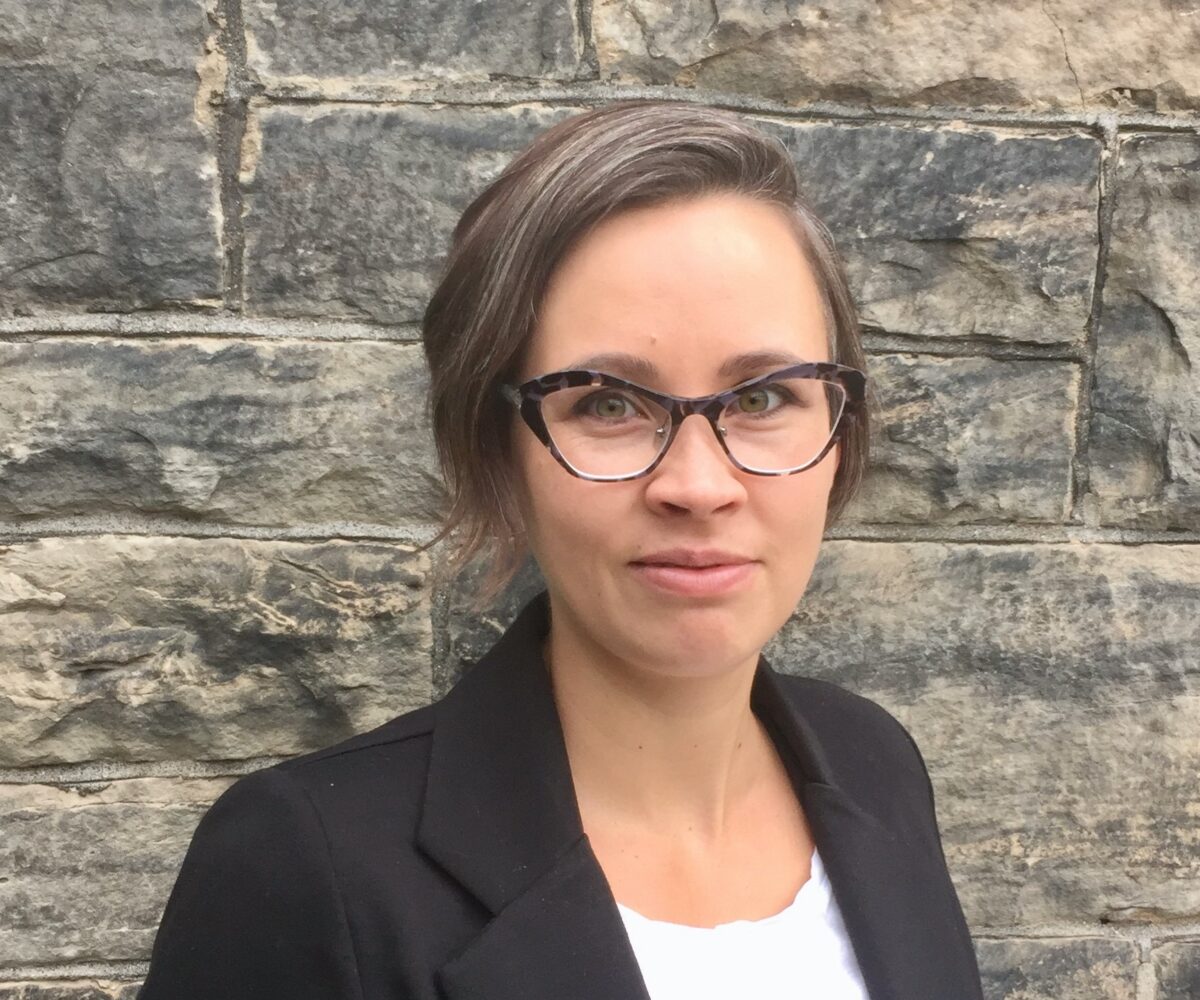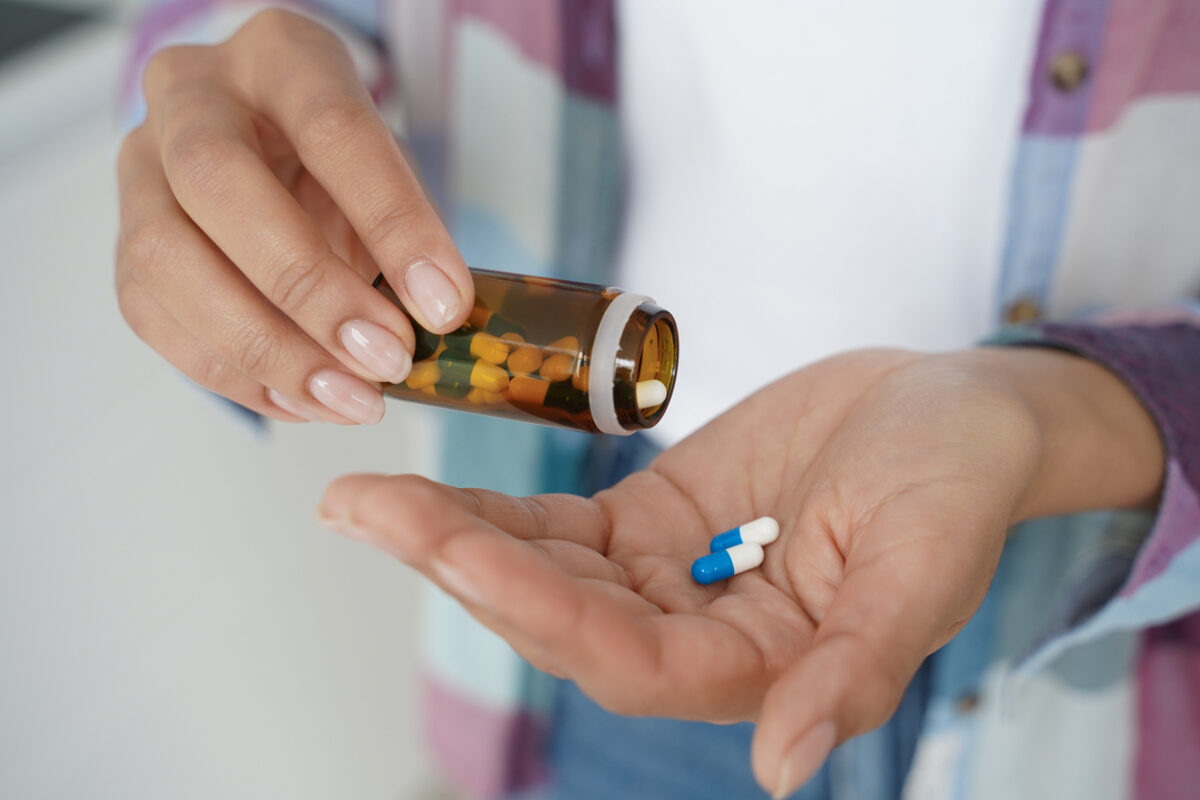Events such as industry sponsored dinners and lunches are a key facet of large-scale promotional campaigns for drug and device products.
Promotional events sponsored by the pharmaceutical industry which target health professionals responsible for prescribing medications, such as physicians and nurse practitioners, are a key component of promotional campaigns for new drugs and devices.
While these events are familiar to health professionals, there is little transparency around their scale and impact. A new study by Quinn Grundy, an assistant professor at the Lawrence Bloomberg Faculty of Nursing, finds that in the United States, over one million industry sponsored events took place in 2022, a staggering amount in one of the largest pharmaceutical markets in the world.
In the paper published in the JAMA Health Forum, the authors looked at the ten pharmaceutical and medical device products with the most industry-sponsored dinner events and found that there were over 16,000 dinners, sponsored by seven companies. Of these ten products, the analysis found that in two cases, there were more dinner events targeted towards nurse practitioners than physicians, indicating their importance as prescribers in the pharmaceutical market.

“Identifying over one million of these events in one year alone and their tendency to be for specific products, should give us pause, and indicate that we need to understand the prevalence of these events from a systems perspective, considering their impact on prescribing practices,” says Grundy, who is also the Director of the WHO Collaborating Centre in Governance, Accountability, and Transparency in the Pharmaceutical Sector.
Grundy notes that there is already large body of evidence on the relationship between payments and physician prescribing outcomes. Receipt of industry payments, including low-value payments for food and beverage, is often associated with physicians prescribing higher quantities of promoted and higher cost drugs, such as brand name drugs over generics.
The Center for Medicare and Medicaid Services (CMS) Open Payments database was established under the Affordable Care Act in 2012 in the hopes of creating greater transparency around the relationships between clinicians and the pharmaceutical and medical device industries. Grundy was able to examine Open Payments records of payments from pharmaceutical and device companies to clinicians for food and beverage and to link these across matching variables to identify and quantify in-person sponsored events for specific products. Excluding conferences, and virtual events, the numbers indicated that these industry-sponsored events were quite wide-spread, across various states.
What this shows she says, is that while individual health professionals may only attend a few of these events, pharmaceutical companies are sponsoring hundreds of them nationwide. Understanding the scope and scale of promotional campaigns suggests these dinners, for example, are not isolated events, but part of a strategic program of communication.
“When you think of the number of events and the number of health professionals attending these events, what emerges is a picture of a campaign that is able, at a national scale, to amplify perspectives about a promoted drug that are likely favourable to the sponsor,” says Grundy.
The study did not reveal a particular pattern in terms of the types of products that were more likely to be promoted using industry sponsored events, though there was evidence that two of the top ten products, both mental health-oriented drugs, had more events for nurse practitioners than physicians.
In 2021, the first data on industry payments to prescribing nurses was released in the United States. Grundy says, this was an important and positive step towards transparency.
“I hope that it sparks some conversations in professional circles about how to interact with industry in ways that are in the best interests of population health,” says Grundy.
Canada is far behind in terms of transparency: there is currently no data or mechanism that requires pharmaceutical or device companies to report payments to physicians or nurse practitioners.
This study is part of a multi-phase projects that aims to analyze the new data on industry payments to advanced practice nurses in the U.S. and Grundy is hopeful that it will continue to lead to more research and discussion on best practices in prescribing. This study was funded by the US-based Greenwall Foundation Making a Difference Grants program.
